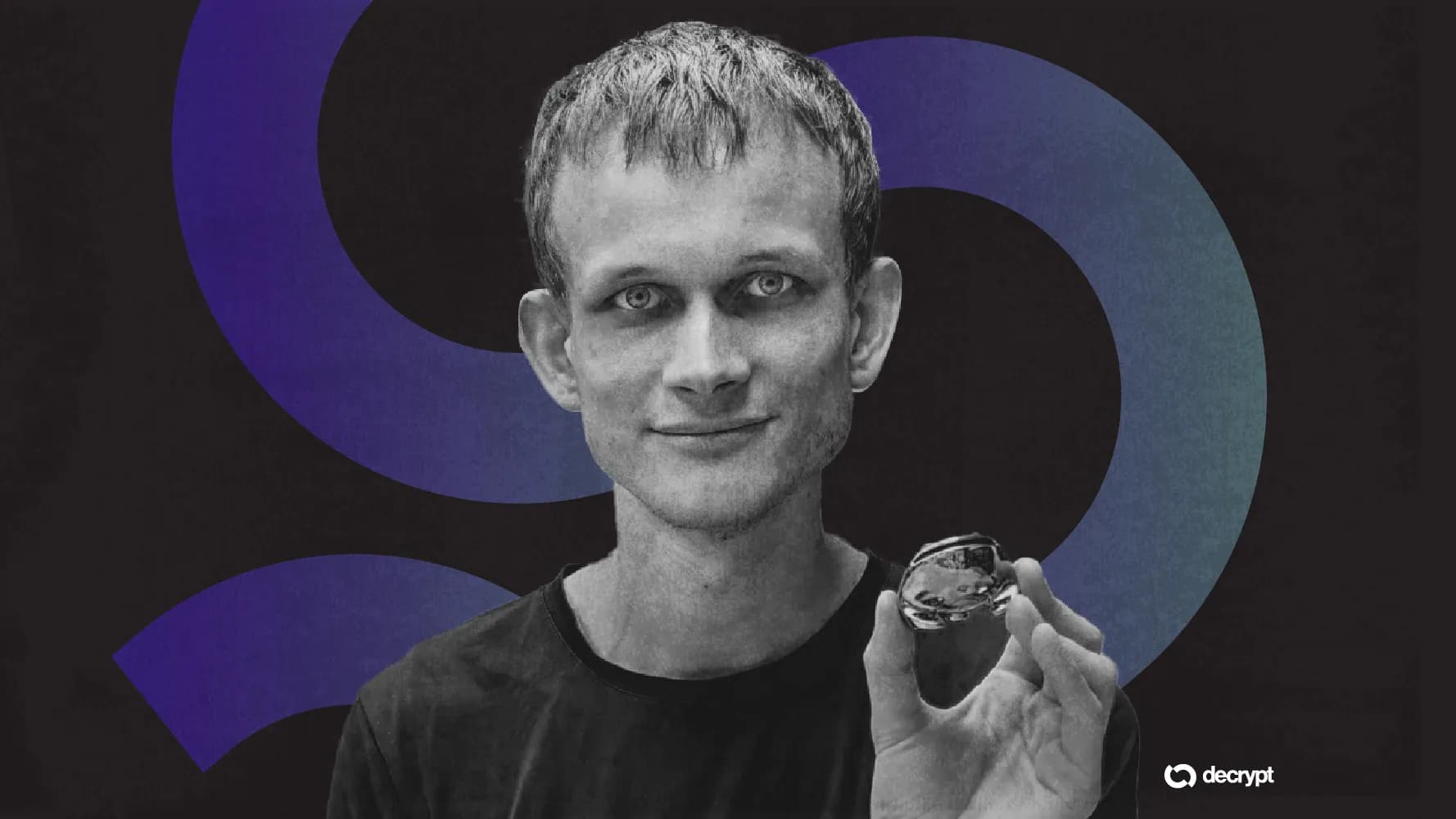Ethereum Is the Opposite of Sam Bankman-Fried's FTX, Says Vitalik Buterin

News Summary
Ethereum co-founder Vitalik Buterin publicly mocked Sam Bankman-Fried and his collapsed FTX exchange at the Devconnect Argentina conference. Buterin asserted that FTX represented everything Ethereum strives not to be, characterizing Ethereum as decentralized, "can't be evil," and a community rather than a company. Buterin highlighted that FTX's centralized nature was central to its failure, as it demanded blind public trust in the exchange's internal workings. In contrast, Ethereum's development relies on incremental upgrades proposed, scrutinized, and developed openly by its community. He also criticized FTX's "Don't be evil" motto, arguing that decentralized technologies like blockchains fundamentally eliminate the need for trust, making Ethereum inherently incapable of being evil. FTX, a major centralized exchange, secretly diverted billions in customer funds to Bankman-Fried's trading firm, Alameda Research, leading to massive losses and its eventual collapse. Bankman-Fried was sentenced to 25 years in prison for fraud, money laundering, and conspiracy. Despite creditor repayments, FTX's downfall remains a significant stain on the crypto industry, causing widespread contagion and substantial losses. Buterin concluded that FTX was a company, whereas Ethereum is a community where many individuals contribute to each other.
Background
Sam Bankman-Fried was once a prominent figure in the cryptocurrency space, and his FTX exchange was one of the largest centralized crypto exchanges globally. However, in November 2022, FTX and its affiliated trading firm, Alameda Research, collapsed due to the misappropriation of customer funds, leading to insolvency and triggering widespread panic and a crisis of trust in the crypto market. Bankman-Fried was subsequently arrested and faced multiple charges of fraud and money laundering, eventually being sentenced to 25 years in prison in 2024 (prior to the assumed current year 2025), marking one of the most high-profile scandals in crypto history. This event underscored the significant risks associated with centralized crypto platforms lacking transparency and regulation. Ethereum, the second-largest cryptocurrency by market capitalization and a leading smart contract platform, is known for its decentralized nature, open ecosystem, and community-driven development model. Its vision is to build a global computing platform that can operate without relying on trusted third parties, starkly contrasting with FTX's centralized, trust-dependent model.
In-Depth AI Insights
What is the deeper strategic motivation behind Buterin's comparison? Buterin's move is not merely a historical recap but a strategic declaration aimed at strengthening Ethereum's narrative as a decentralized, censorship-resistant bastion, especially in 2025, with FTX's collapse still fresh in memory and increasing regulatory scrutiny on centralized entities. - The core intention is to redefine "crypto value": anchoring value to technological trust rather than "moral trust," positioning Ethereum as a "credibly neutral" global public infrastructure, rather than a financial instrument constrained by individual or corporate ethics. - This also serves as a "value alignment" for investors and developers: reminding the market that while convenient, centralized platforms inherently carry unavoidable trust risks. After a crisis of trust, this emphasis on decentralization resonates more strongly, potentially guiding capital and talent towards more transparent, decentralized projects. - Furthermore, this could be a form of "soft pressure" on regulators: implying that decentralized technologies, due to their "can't be evil" nature, should be treated differently from centralized entities in regulatory frameworks, thereby advocating for a more favorable policy environment. How does Buterin's emphasis on decentralization and "can't be evil" impact investor perception and capital allocation within the broader crypto ecosystem? Buterin's emphasis on "can't be evil," particularly post-FTX, will profoundly influence investor risk assessment and capital flows, especially in 2025, a period still marked by regulatory uncertainty. - Reinforce a "decentralization premium": Investors will increasingly be willing to pay a premium for truly decentralized projects, as they offer higher security and transparency, reducing counterparty risk. This could shift capital from centralized exchanges and lending platforms towards decentralized exchanges (DEXs) and DeFi protocols. - Drive demand for self-custody and on-chain transparency: The "can't be evil" philosophy encourages users to control their assets rather than relying on third-party custodians. This will spur demand for more user-friendly self-custody solutions and on-chain data analytics tools. - Potential for regulatory divergence: Regulators may find that regulating truly decentralized, "can't be evil" protocols presents different challenges and approaches compared to centralized entities. This could lead to a "divergence" in regulatory frameworks, with lighter regulation for decentralized protocols and stricter controls for centralized entities. Given Ethereum's recent price volatility, how does Buterin's statement address market concerns and potentially influence its performance? Ethereum's recent 39% drop and fall below $3,000 suggest market concerns stemming from macroeconomic headwinds, increased competition, or network-specific challenges. Buterin's comments aim to stabilize confidence by reaffirming its core value proposition. - Reshaping the trust narrative: At a time when general trust in cryptocurrencies has been eroded, Buterin leverages the negative image of FTX to position Ethereum as a "trust-rebuilder," emphasizing its technological, rather than human, reliability. This helps attract institutional and retail investors seeking more robust, predictable assets. - Shifting focus: By highlighting Ethereum's philosophical strengths, Buterin cleverly shifts market attention from short-term price fluctuations and macroeconomic pressures to Ethereum's long-term vision and protocol resilience, which may help stabilize community sentiment and attract value investors in the short term. - Reaffirming long-term value: Despite short-term prices being influenced by market sentiment, Buterin's emphasis on Ethereum's "can't be evil" and "community-driven" characteristics reiterates its investment value as a long-term infrastructure. This is significant for investors focused on the future development of blockchain technology. However, short-term macroeconomic headwinds and competitive challenges remain undeniable factors affecting Ethereum's price performance.